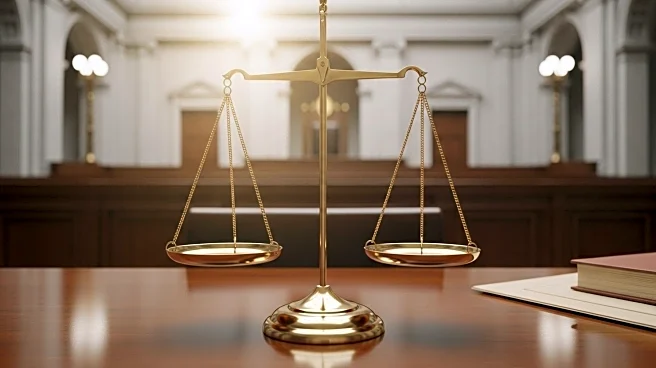What is the story about?
What's Happening?
The Supreme Court is reviewing a case involving Rep. Michael Bost's challenge to Illinois voting regulations that allow ballots mailed by Election Day to be counted for up to 14 days after polls close. Despite winning his election, Bost argues that the regulation harmed him by reducing his margin of victory and increasing campaign costs. Justices, including Samuel Alito and Sonia Sotomayor, critiqued Bost's legal brief for lacking factual evidence and failing to align with the court's legal language. The case raises questions about the constitutionality of mail-in ballot counting rules and their impact on election outcomes.
Why It's Important?
This case is significant as it addresses the broader implications of mail-in voting regulations, which have been a contentious issue in U.S. elections. The outcome could influence future election laws and practices, particularly in states with similar regulations. The case also highlights the ongoing debate over mail-in voting's impact on political parties, with arguments suggesting it may disadvantage Republican candidates while benefiting Democrats. The Supreme Court's decision could set a precedent for how courts handle challenges to election rules, affecting voter access and election integrity.
What's Next?
The Supreme Court's decision will likely have ramifications for election laws across the country. If the court rules in favor of Bost, it could lead to stricter regulations on mail-in voting, potentially affecting voter turnout and election results. Conversely, a ruling against Bost may reinforce the legality of extended ballot counting periods, supporting efforts to increase voter participation. Stakeholders, including political parties and election officials, will be closely monitoring the case for its potential impact on future elections.















